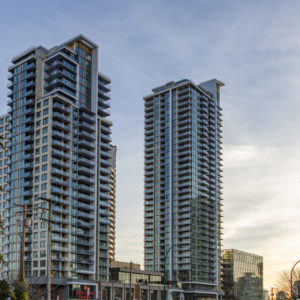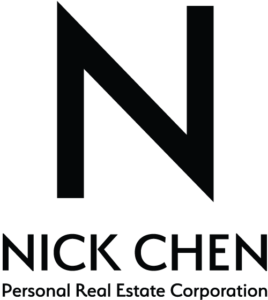Saving for your first home is a tough ask in this day and age, especially if you want to buy somewhere with rising house prices.
Here we present a few practical steps you can take, as well as underline costs you may not have taken into account when buying property.
RRSP and the Home Buyers’ Plan
If you’re a long way from being able to buy you can start saving for your home using a Registered Retirement Savings Plan (RRSP) account.
As the name suggests, this is an account designed to help you save for your retirement, but it can also be used to help you buy.
The account works by allowing you to put aside up to 18% of your income or a maximum amount ($27,230 as of 2020), whichever is smaller.
You can use up to $25,000 from the amount saved as a down payment under the terms of the government’s Home Buyers’ Plan scheme, or $25,000 each ($50,000 in total) if you buy with somebody else.
The money is effectively taken out as a loan from yourself, which has to be repaid within 15 years.
Why save into an RRSP over a regular savings account?
It’s very efficient from a tax perspective – if you earn $50,000 a year and put aside $9,000 you will only be taxed on $41,000 of earnings.
Behavioural changes
Other than utilising schemes you’d be surprised at how much you can put aside by making behavioural changes.
Having home cooked meals rather than eating out, as well as finding cheaper places to go on holiday, mean you can save more per month.
If you’re very serious about buying you could also move in with family members temporarily, if that’s possible with your work, so you don’t have to waste so much money on rent. For some, the short-term pain is worth the long-term gain of getting on the ladder.
Buyer taxes
When buying you’ll need to take the Property Transfer Tax into account.
In Vancouver, this amounts to 1% of the purchase price on the first $200,000, 2% on the rest up to $2million and 3% above $2million.
However, as a first-time buyer you’re likely to be eligible for a rebate.
In British Columbia you can get a rebate of up to $8,000 on homes worth a maximum of $500,000, while if you buy a place between $500,000 and $524,999 you receive a partial rebate.
Since you don’t get a rebate above $525,000, it’s probably worth trying to buy somewhere cheaper to take advantage.
If you buy a newly built property, such as a high-rise condo sold by a developer, you also have to pay 5% Goods and Services (GST) tax.
However, provided you’re using the home as your primary residence you can shave off 36% if the place is worth less than $350,000 before the tax is added. If the home costs between $350,000 and $450,000 you can get a smaller percentage off GST tax.
Other costs
You likely also need to pay for a real estate lawyer, a home appraisal, as well as practical moving costs like hiring a moving van.
Mortgages can also come with upfront fees depending on the deal, while some mortgage brokers charge you fee.
If you’re buying with a downpayment between 5% and 19.99% it’s also mandatory to buy CMHC mortgage default insurance, which costs more if you have a smaller deposit, say 5%.
See More: Everything You Need to Know to Get or Renew a Mortgage
I know this list seems long, but unfortunately buying a home isn’t cheap.
At least you generally don’t have to pay realtor fees – these tend to be met by the seller side.
Pushing your mortgage to the limit
You want to make sure you don’t over-expose yourself with your mortgage, as you risk your property being repossessed should you fail to keep up with repayments.
However, provided you keep your job it’s hard to do that in this day and age.
In Canada there is a stress test to make sure you can afford your mortgage even if the rate goes up.
Lenders stress test how much you can afford if the mortgage was 2% higher or based on the Bank of Canada five-year rate (currently 5.04%), whichever is higher.
Having a cushion or getting insurance
It still might be worth having some kind of cushion in case you suffer a life event and your earnings fall. This is a bigger risk if you’re self-employed, as your earning are more prone to fluctuations.
One option is to have a rainy day fund in case you need it.
Another is to take out a product like mortgage protection insurance, which would pay your mortgage if you became too sick to work.
While it does add another expense, it’s definitely something to consider.
more on nickchenhomes.com
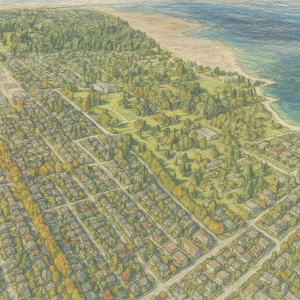
Discover Point Grey: Vancouver’s Coastal Gem
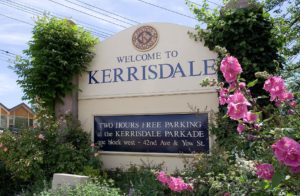

Our Top Articles of 2020
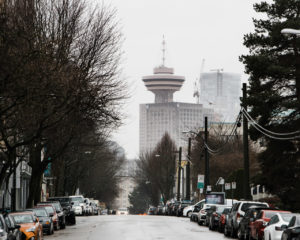
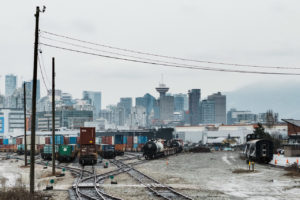
New Life in Strathcona and The St. Paul’s Hospital Project
